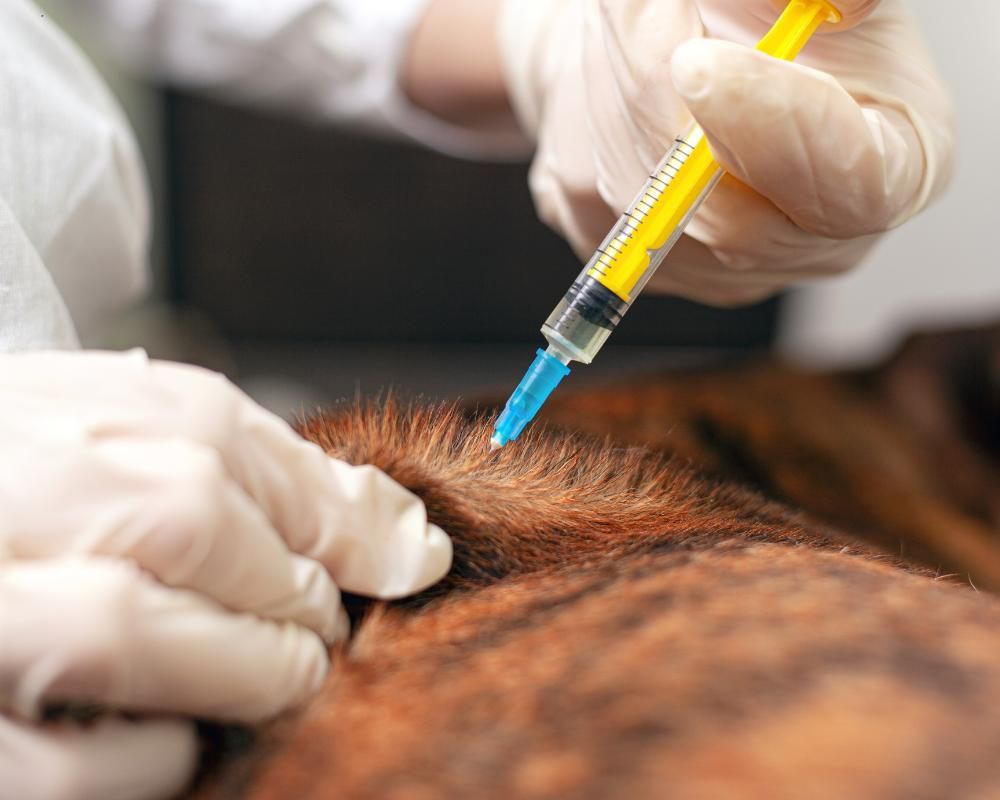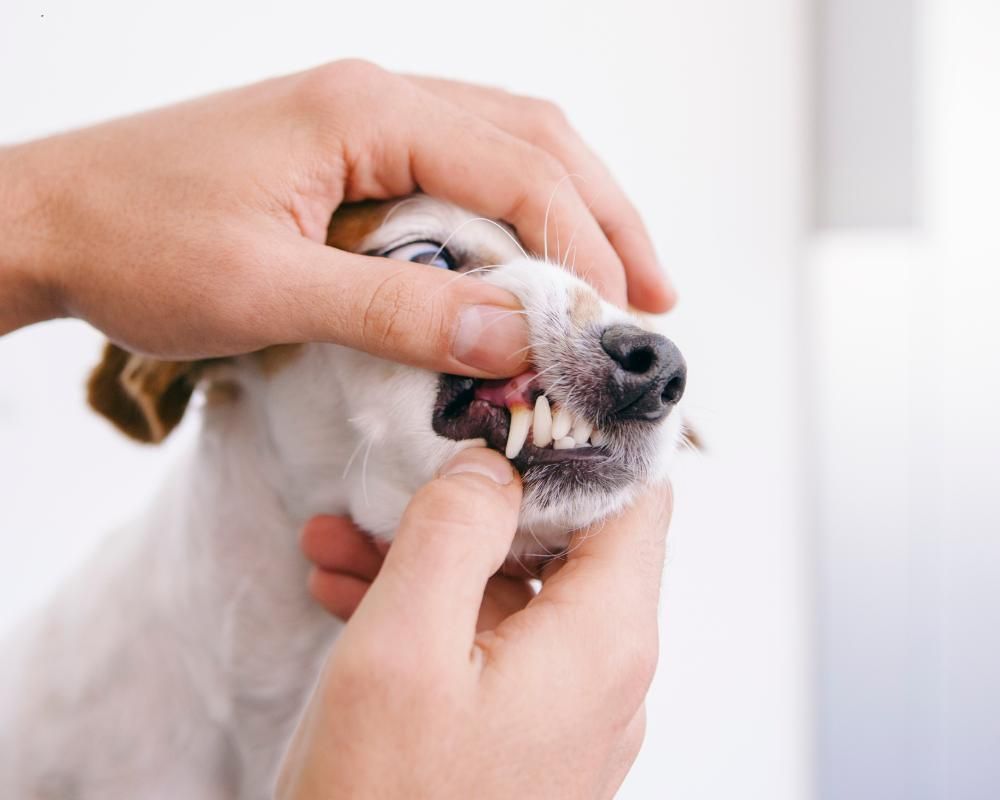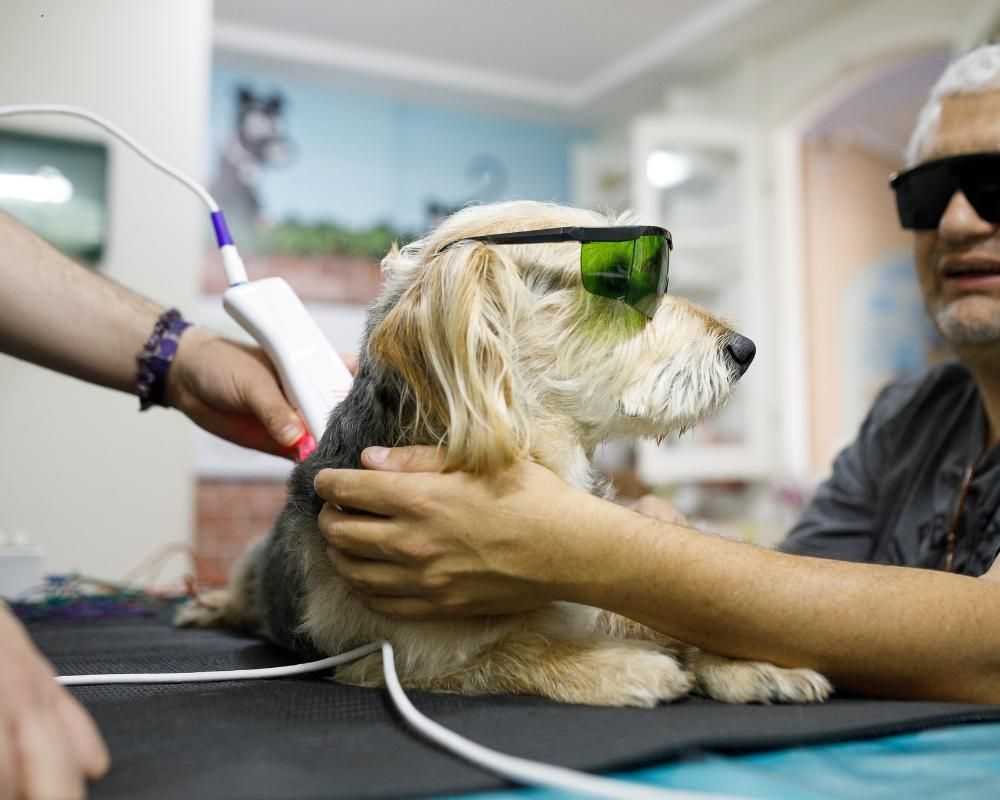Pet Wellness Exams In Lee's Summit
Health Wellness Exams
At Chipman Road Animal Clinic, we believe regular wellness exams are the foundation of a long, healthy life for your pet. Our experienced veterinarians provide thorough checkups to detect potential issues early and keep your pet feeling their best. Proudly serving Lee’s Summit families for over 80 years, we’re here to support every stage of your pet’s health.
With over 80 years of combined experience serving Lee’s Summit, our veterinarians at Chipman Road Animal Clinic are here to help you keep your pet healthy and happy. During your pet’s wellness exam, we’ll answer your questions about nutrition, exercise, behavior, or any concerns you may have—so you can feel confident in their care.
Wellness Exam Services for Cats and Dogs
Dog Wellness Exams
A dog wellness exam at Chipman Road Animal Clinic includes a full checkup to keep your pup healthy and happy. During the visit, our veterinarians will:
- Examine your dog’s eyes, ears, teeth, skin, heart, lungs, and joints for any signs of concern
- Review and update vaccinations to protect against diseases like rabies, distemper, and parvovirus
- Discuss parasite prevention for fleas, ticks, and heartworms
- Evaluate nutrition and weight to ensure a healthy diet and lifestyle
- Talk through any behavior or activity changes you’ve noticed
Cat Wellness Exams
A cat wellness exam at Chipman Road Animal Clinic helps keep your feline friend healthy, comfortable, and thriving at every stage of life. During the visit, our veterinarians will:
- Examine your cat’s eyes, ears, teeth, skin, heart, lungs, and joints for signs of illness or discomfort
- Review and update vaccinations to protect against feline diseases like rabies, leukemia, and distemper
- Discuss parasite prevention for fleas, ticks, and intestinal worms
- Evaluate nutrition and weight to maintain a balanced diet and healthy body condition
- Address any behavioral changes or lifestyle needs, such as stress, scratching, or litter box habits
Meet Our VeterinaryTeam
Where Pets Walk In and Feel at Home
At Chipman Road Animal Clinic, we treat every pet like family and every owner like a neighbor. With decades of experience and a team that’s passionate about what they do, we’re proud to serve the Lee’s Summit community with expert veterinary care in a welcoming, walk-in-friendly environment.
For Our Newest Patients
New Here? We Make It Easy to Get Started
Becoming a Chipman Road Animal Clinic patient is simple—no appointments needed for wellness care, and our friendly team is ready to welcome you and your pet. From forms and FAQs to first-visit tips, everything you need is right here.
Visit Chipman Road Animal Clinic
Regular wellness exams help catch health issues early and keep your pets feeling their best. At Chipman Road Animal Clinic, our caring team provides affordable, high-quality care for dogs and cats—no appointment needed. Stop by anytime and experience compassionate veterinary care from our friendly Lee’s Summit team.
Pet Wellness Exams FAQs
Have questions about your pet’s care or what to expect during your visit? Check out our FAQs for quick answers on services, walk-ins, and more.
How to Plan a Wellness Exam
When planning for your pet wellness exam, come prepared with basic information like what brand and type of food your pet eats. Does your dog or cat get table scraps? Are you giving them any vitamins? Come prepared with a list of all health questions you may have. If you have health records or a journal for your pet, bring them with you.
When you book your pet wellness appointment, ask if there is something you should do or bring for your appointment. Your veterinarian may want your pet to fast before coming in or may need urine or stool samples.
Need Help? We’re Just a Call Away.
Have a question about your pet’s care or our services? Give us a call or send a message below—our team is happy to help!















